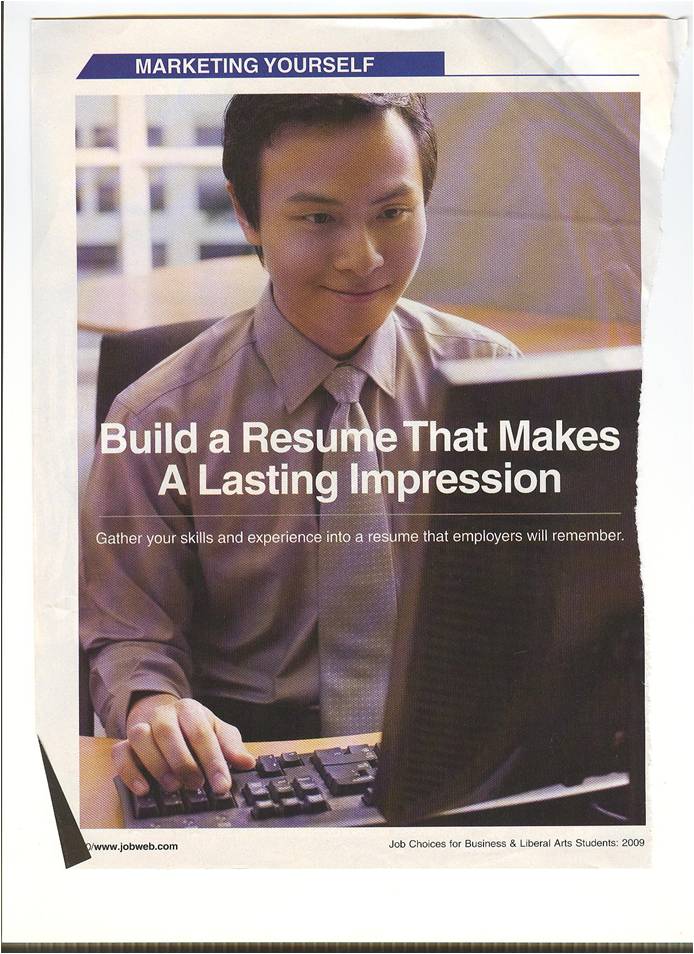I do believe that gender stereotyping still exists today, and will continue existing because it works. If it's selling a certain product, you can be sure that it captivates the certain targeted gender.




In almost all the perfume ads in magazines, there are naked women. If their goal is to sell the scent, how is it even being captured? When these ads are viewed, it somewhat makes the audience believe that women look perfect if they wear that specific perfume. It makes women and men believe that if they use a certain perfume, they will look beautiful. It is always the same type of woman: blonde, light-skinned, and skinny. Even in the black and white photo, the woman is seen as light-skinned because there is a light shining on her.
A stereotype common about nurses is that they are all women, and this is what I found most of the advertisements on Google to show:

As you can see, most of the images are of women. Although men can do just as well at being nurses as women can, society tends to think of a woman when we hear "nurse."
This doesn't only happen with women. There are certain jobs and careers in society that males are "supposed" to have too, like firefighting and working on construction.


Unfortunately, I do not think that advertisers are going to get rid of gender stereotypes because they help sell many products and ideas. Without gender stereotypes, how are men and women going to know what to look like?








